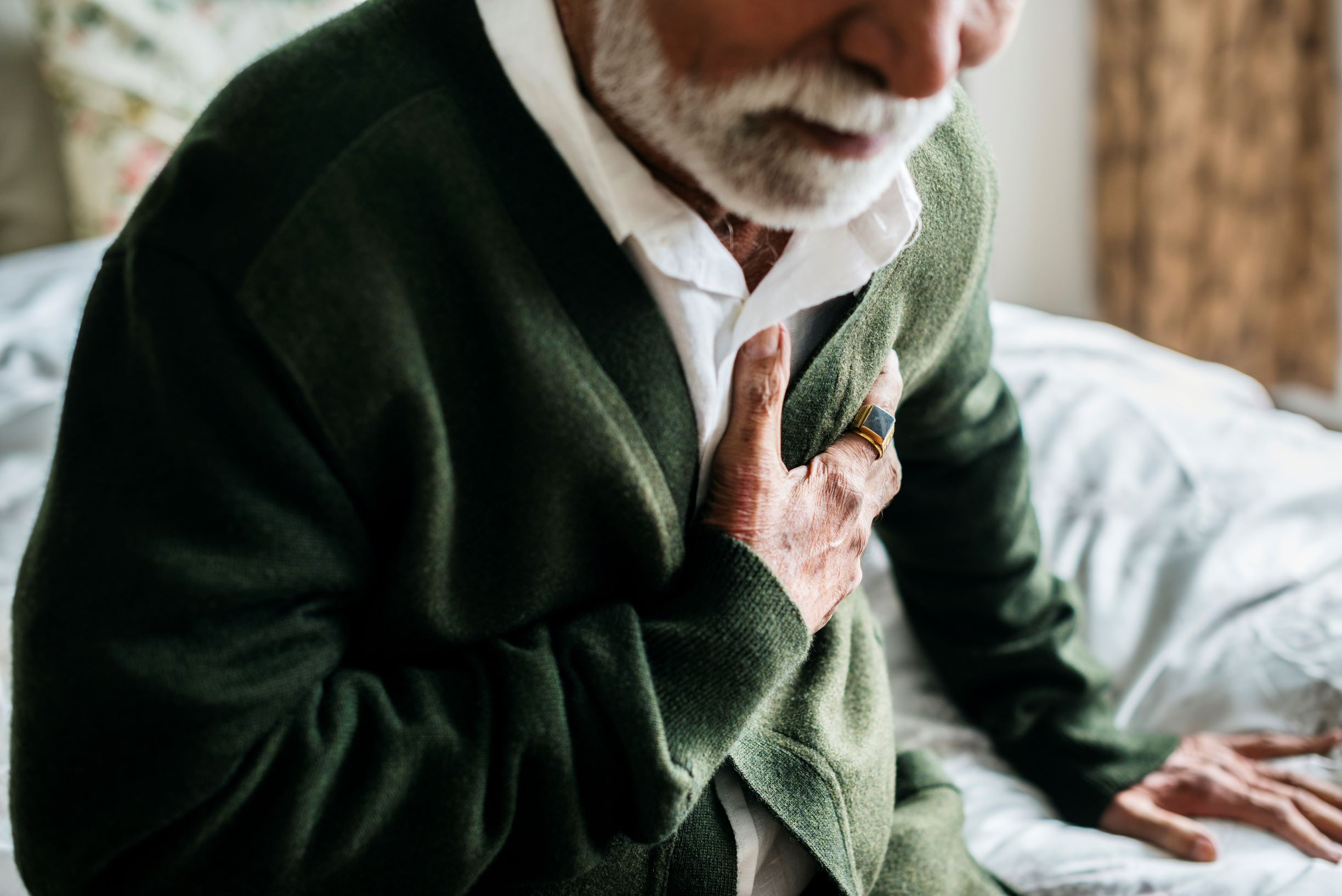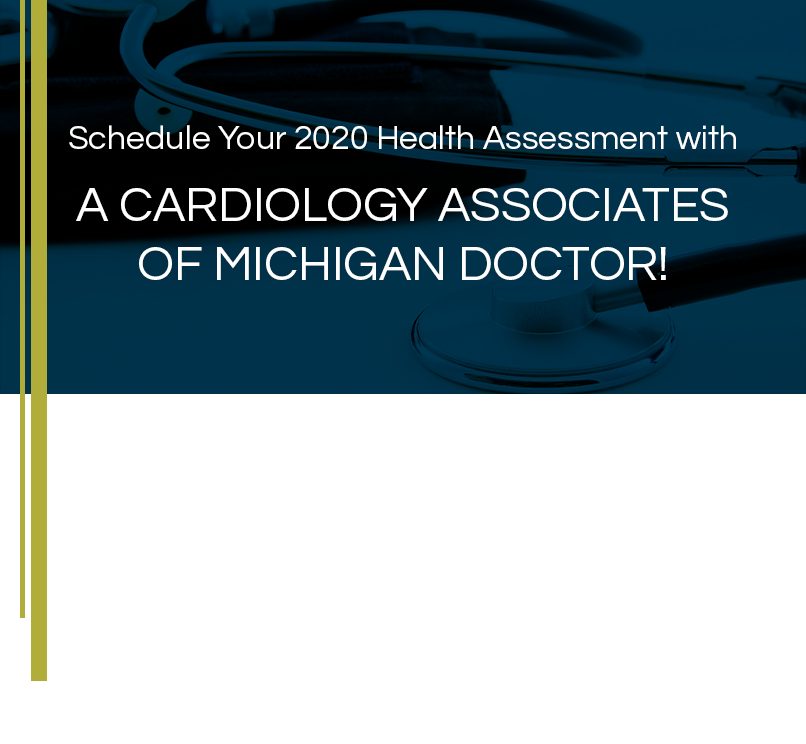What is a Heart Attack, Really? … Heart Attack Treatment, Prevention, and Signs You May Not Realize
Many of us have heard of heart attacks for most of our lives. When you really think about the phrase, however, you may begin to question what you know and ask yourself: “What is a heart attack, really? Why does it happen? And what does the word “attack” have to do with it?”
Cliches about heart attacks can certainly confuse the issue. We may imagine that a heart attack is a sudden, near fatal experience, and it quite often is. Nevertheless, contrary to what we see and hear on TV, some heart attacks are less noticeable. They too can lead to serious consequences and require immediate medical care.
What is a Heart Attack by Definition?
A heart attack is known as a myocardial infarction.
It occurs when the heart’s blood supply is cut off and the heart muscle is starved of oxygen-rich blood. As a result, part of the heart can be damaged or die, and scar tissue forms.
Heart attacks most often result from a buildup of plaque inside the coronary artery (atherosclerosis). When the plaque breaks away inside of the artery, a blood clot can form, blocking blood flow through a coronary artery.
Two less common causes of heart attacks are an intense, prolonged spasm of the coronary artery or a tear in the artery wall (called spontaneous coronary artery dissection), both of which can reduce blood flow to the heart muscle.
Heart attacks are linked to heart failure and possibly life-threatening problems with how the heart beats (arrhythmias).
Heart Attack Facts
A majority of heart attacks are caused by coronary artery disease. Heart attacks are a leading killer of both men and women, as more than 730,000 Americans suffer a heart attack each year.
Risk factors for coronary heart disease and heart attack include:
- Smoking
- Having high blood pressure
- Having high cholesterol
- Being overweight
- Eating a diet that is high in fat and sodium
- Not exercising regularly
- High blood sugar due to insulin resistance or diabetes
- Age
- Genetics
There is some evidence that lack of sleep and intense emotions and the accompanying surges of adrenaline can trigger a heart attack as well.
Heart Attack Symptoms and Diagnosis
While chest pain is the most common and recognizable symptom, other signs may be present as well, especially in women. In one study, one in three people who had a heart attack had no chest pain at all; they were more likely to be older, a female, or diabetic.
These other symptoms include:
- Discomfort or tingling in one or both arms, back, shoulder, neck, or jaw
- Shortness of breath
- Cold sweat
- Unusual tiredness
- Heartburn-like feeling
- Nausea or vomiting
- Sudden dizziness
- Fainting
If you think you or someone else is having a heart attack, immediate care is critical. Call 911 right away. Even if the victim recovers from the heart attack, waiting too long to seek medical care can permanently damage the heart.
Doctors can usually diagnose a heart attack based on a combination of signs and symptoms, your medical history, an electrocardiogram, and blood tests. The blood tests are used to check the levels of certain proteins released into the bloodstream as heart muscle cells die.
Heart Attack Treatment
 Heart attack treatments work best when they are given within the first 1-2 hours after symptoms begin. Early treatment essentially opens up the blockage in order to prevent or limit damage to the heart muscle.
Heart attack treatments work best when they are given within the first 1-2 hours after symptoms begin. Early treatment essentially opens up the blockage in order to prevent or limit damage to the heart muscle.
When medical personnel think a heart attack is likely, the individual may be started on:
- Oxygen therapy
- Aspirin and other antiplatelet agents to thin your blood and prevent further clotting
- Nitroglycerin to help improve blood flow through the heart’s arteries
- Pain relief medications like morphine to address any chest pain
- Anticoagulants to prevent further clotting
- Beta-blockers to reduce workload on the heart by decreasing the heart rate and blood pressure
Once doctors confirm you are having an acute heart attack, treatments might include coronary angioplasty or percutaneous coronary intervention. In this procedure, a thin, flexible tube is threaded through a blood vessel, usually in the upper thigh, to the blocked artery. A stent is placed to open up the artery and restore blood flow, which has very positive outcomes.
Other heart attack treatments include medications that dissolve blood clots, medications that optimize blood flow, procedures such as a heart bypass, the implantation of devices to stabilize heart rhythm, and cardiac rehabilitation.
“With immediate care from paramedics and cardiologists, many heart attack victims recover and continue to lead long, healthy lives,” said Dr. Sheel Tolia of Cardiology Associates of Michigan.
If you have already experienced a heart attack, your cardiologist will likely provide you with many instructions and tips for heart attack prevention and what to do if you experience another one. Remember that if you have a heart attack, you are at greater risk of having another. Follow the health care plan your heart doctor recommends and take advantage of cardiac rehabilitation to improve your prognosis.
“After experiencing a heart attack, it’s very important to follow your cardiologist’s recommendations, which quite often include improving your dietary health and increasing daily physical activity as appropriate for each individual,” Tolia said.
Be sure to have an emergency plan in place, which includes having a current list of your medications and dosages readily available for paramedics or family members to refer to in the event of an emergency. Inform your family about emergency procedures, such as calling 911 immediately or providing you with an aspirin or nitroglycerin pill if it has been prescribed by your cardiologist. Make sure you and your family understand how nitroglycerin pills should be used.
Heart Attack Prevention and Lifestyle Changes
In addition to the above treatments, doctors may recommend lifestyle changes after a heart attack as a form of treatment, or even long before a heart attack in order to prevent one from occurring.
Common lifestyle changes to prevent heart attacks and coronary artery disease include:
- Improving your diet and implementing a heart-healthy diet
- Routinely exercising
- Quitting smoking
- Regularly seeing a cardiologist
- Losing weight or maintaining a healthy weight
- Managing risk factors that lead to high cholesterol or blood pressure
- Consistently monitoring and managing diabetes
- Limiting alcohol intake
- Participating in cardiac rehabilitation
- Making efforts to reduce stress levels
For more information about what a heart attack is, heart attack prevention, or heart-healthy tips, make an appointment to see one of our cardiologists in Shelby Township, Roseville, East China, or Macomb Township. You may also visit our website for general facts and helpful information.





